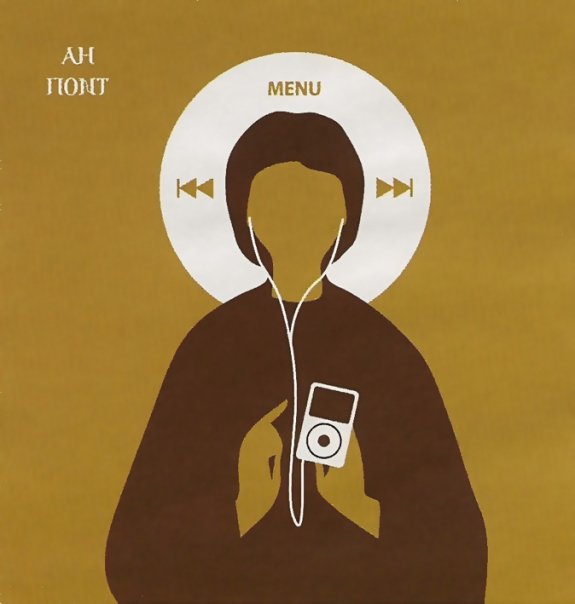
Lesche: Ancient Greece, New Ideas
In Greek antiquity a lesche (λέσχη) was a spot to hang out and chat. Here Brown University professor Johanna Hanink hosts conversations with fellow Hellenists about their latest work in the field.
Lesche: Ancient Greece, New Ideas
Introducing Lesche: Ancient Greece, New Ideas
Welcome to Lesche, a podcast on new books and ideas in the field of Ancient Greek Studies.
In each episode, we'll be talking to classicists about their latest contributions to the field.
We’re going to start by releasing two episodes each month, on the second and fourth Wednesdays of the month. The first episode will debut on Wednesday, September 11.
You can find us on Instagram, @leschepodcast, or send us an email at leschepodcast@gmail.com
If you have an idea for a new book or topic you think would make for a good conversation, please reach out using this form.
____________________________
For more on the Song of Seikilos see:
- M. L. West, Ancient Greek Music. Oxford, 1992, with modern musical notation on p. 301
- A. D'Angour, "The Song of Seikilos: a Musically Annotated Ancient Greek Poem, in Antigone
- E. Pöhlmann and M. West, Documents of Ancient Greek Music. Oxford, 2001. (The Song of Seikilos is dossier #90)
________________________________
Thanks for joining us in the Lesche!
Podcast art: Daniel Blanco
Theme music: "The Song of Seikilos," recomposed by Eftychia Christodoulou using Sibelius
This podcast is made possible with the generous support of Brown University’s Department of Classical Studies and the John Nicholas Brown Center for Advanced Study.
Instagram: @leschepodcast
Email: leschepodcast@gmail.com
Suggest a book using this form
Leah Lazar:
For a start, I think it was really important to change the way that we were thinking about Athenian interaction with subject communities.
Ferdia Lennon:
Most people in Syracuse or in Athens or Thebes were not part of the elites. They weren't making these momentous political decisions, and they were watching things from the periphery, and I wanted to get that oblique angle on this material.
Johanna Hanink:
Welcome to Lesche, a podcast on new books and ideas in the field of ancient Greek studies. I'm your host, Johanna Hanink, and I'm a classicist at Brown University.
In ancient Greece, a Lesche was a place to hang out, chat and discuss ideas.
So, in each episode of the Lesche Podcast, I'll be talking to classicists about their ideas and latest contributions to the field.
We're going to start by releasing two episodes each month on the second and fourth Wednesdays of the month.
You can find us on Instagram, @leschepodcast, or send us an email at Leschepodcast@gmail.com.
And, if you have an idea for a new book or topic you think would make for a [00:01:00] good conversation, we'd love to hear from you. There's a link to a forum where you can make recommendations in our Instagram link tree.
It's also my pleasure to note that Lesche is made possible through the generous support of Brown University's Department of Classical Studies and the John Nicholas Brown Center for Advanced Study.
We'll be launching soon, but for now, I'd like to invite you to take a closer listen to the music that's been playing in the background.
It's a version of the so called Song of Seikilos.
This is the oldest surviving Greek lyric song with both words and music preserved. It's inscribed on a pillar dated to the 2nd century of the Common Era and now held in Copenhagen at the National Museum of Denmark. For the Lesche theme music, the song has been recomposed by Eftychia Christodoulou on the music software Sibelius with some alterations and added melodic accompaniment. And if you're interested in learning more about the song of Seikilos I've put some bibliography in the show notes for this trailer.
For some great conversations about new ideas in the field of ancient Greek studies, subscribe now to the [00:02:00] Lesche podcast wherever you get your podcasts.
We look forward to welcoming you into the Lesche.
Podcasts we love
Check out these other fine podcasts recommended by us, not an algorithm.

Byzantium & Friends
Byzantium & Friends
Ottoman History Podcast
Ottoman History Podcast
I, Podius
Maximum Fun
Women Who Went Before
Rebekah Haigh & Emily Chesley
Ancient Office Hours
Lexie Henning
.png)